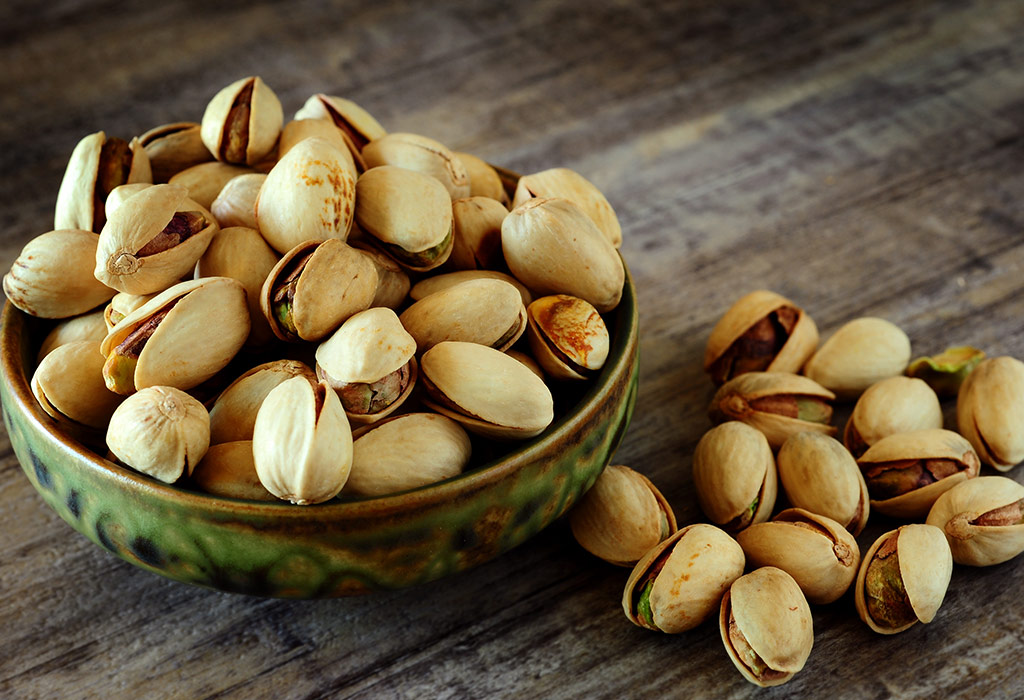No one said it’d be easy
Don’t talk to me until I’ve had my coffee. How many times have you heard that wisecrack in the office? Sure, people may joke about needing their daily cup of joe (or four). But if you’re someone who actually relies on caffeine to wake you up every morning, you’re well aware: The addiction is very, very real.
Caffeine is a chemical — one you can build a tolerance to, wane yourself off of, and start to physically depend on. A caffeine addiction is talked about lightly, but your body actually can exhibit withdrawal symptoms when you don’t get your fix. You won’t get the shakes or anything (for the most part), but you will experience some shockingly strong symptoms.
Don’t let that scare you away from an attempt to quit, though. There are lots of positive sides to breaking the habit, including but not limited to: earning back your Starbucks budget, feeling more balanced in the morning, saving the extra sugar from some of your sweeter coffee add-ins, and breaking free of a dependent (and maybe even destructive) relationship with one of the world’s most commonly consumed chemicals.
So if you’re planning to take on the challenge, keep that end goal in mind. But knowing what to expect is probably a good idea before you get started. Here are some things that will likely happen to your body once you quit the substance for good.Next
You’ll have a headache

Headaches are one of the most commonly reported symptoms of caffeine withdrawal — which is ironic because drinking too much caffeine can give you a headache, too. Caffeine causes headaches when you don’t drink enough water with your coffee; you can become dehydrated. But caffeine withdrawal headaches are caused by changes in blood flow to the brain. Caffeine narrows your blood vessels over time, slowing down circulation. But once you abstain from caffeine for good, these blood vessels expand again, resulting in a sudden uptick in blood flow that can result in a headache. Don’t worry, though — these headaches disappear once your brain adapts.Next
You’ll be cranky

You know that nasty feeling before you’ve had your morning cup of coffee? Once you quit it for good, your irritable demeanor just might last all day. Regular coffee drinkers are accustomed to the mood-boosting effect caffeine can have on the body. Once you yank it away, you’re likely to feel cranky and short-tempered. But don’t worry; once the withdrawal ends, you’ll feel more chipper than ever!Next
You’ll feel tired at first

Duh. You’ve been relying on caffeine to give you an energy boost for so long! Your body is counting on the spike to get you through your morning fatigue-free. Caffeine blocks your brain’s receptors of adenosine, a neurotransmitter that tells your body to feel drowsy when it’s low on energy. So when you quit, there’s going to be some adjusting to do. Studies have consistently shown that habitual caffeine drinkers go through a period of increased tiredness when they quit. This won’t last forever! So long as you’re getting enough sleep and eating nutritious foods, you should feel energized soon — no caffeinated vice required.Next
You’ll feel anxious and stressed

But you thought caffeine worsened your anxiety — so shouldn’t quitting it have a calming effect? Nope. Caffeine does increase anxiety symptoms. But for someone who’s used to a daily dose of the chemical, quitting it can have a similar effect. It’s a catch-22. The only way to ease this caffeine-caused anxiety long-term is to stick with it and wean yourself off the substance completely.Next
Concentrating will become more difficult
 istockphoto.com
istockphoto.com
If you’re looking to ease yourself off your coffee addiction, maybe don’t do it on a week during which you need to be especially focused. Caffeine helps people concentrate. Think about it: What do you turn to when you’re having trouble getting your brain to function at work? Though there are some foods that can help, you probably opt for caffeine to help kick it into gear. It works because caffeine boosts levels of adrenaline — a hormone that puts your brain on red alert, improving your heart rate and stimulating your brain. Without coffee as a crutch, you might find it more difficult to focus and get things done.Next
You could start to crave sugar
 istockphoto.com
istockphoto.com
There are all kinds of reasons you might be craving sugar; no matter where it comes from, the best way to deal with a sugar craving is to indulge it. Suppressing your cravings could backfire by making them stronger, resulting in an all-out binge later on. But caffeine can cause a sugar craving because of its interaction with cortisol, a stress hormone. Changes in cortisol can alter blood sugar levels, causing unexpected cravings.
You could become depressed

Even if you’re quitting caffeine for the sake of your mental health, it might take a hit at first when you first attempt to quit. Adenosine, the same neurotransmitter that makes you feel tired, can also result in a depressed mood. Caffeine normally blocks the brain’s receptors for this chemical, causing you to feel more awake and happier. Once you quit caffeine, there’s nothing to stop its depressive effect. One study showed that women who consumed coffee regularly had a 20 percent lower risk of depression than those who rarely drank coffee. Of course, this could have to do with coffee’s other health benefits from antioxidants; but caffeine may play a role.
You might get tremors

Caffeine is a drug, and it has withdrawal symptoms not unlike other more dangerous substances. Tremors are included in this list. While your caffeine addiction has to be quite severe to experience this side effect, tremors of your hands and general jittery feelings may occur. Caffeine stimulates the central nervous system. If you overdo it on caffeine, you could feel shaky and anxious. But when you quit it, this same system is affected and you may experience a similar effect.
You’ll feel more hydrated

Caffeine, like alcohol, salt, and other commonly consumed substances, can dehydrate you. Quitting it can help you to stay more hydrated, and stay healthier as a result. But that doesn’t mean you can start drinking less water — you really need to make sure you’re drinking enough each day!
Your blood pressure decreases
 istockphoto.com
istockphoto.com
Caffeine increases your adrenaline, your alertness, your heart rate… and your blood pressure. Studies show that even moderate amounts of caffeine can result in an increased blood pressure, potentially contributing to disease risk. Once you wean yourself off of the drug, however, your blood pressure will likely decrease — so long as you’re also eating well to prevent hypertension.Next
Your sleep cycle will become more regular

No matter when you drink it, there’s likely still some caffeine left in your system by the time you go to sleep. Caffeine has a half-life of four to six hours in your bloodstream — meaning half of the concentration you consumed is probably still in your system. If you’re someone who struggles to fall asleep at night, caffeine could be the culprit for your insomnia. Studies show that people who quit caffeine end up sleeping for longer and increasing their sleep quality. Sleep-deprivation can seriously affect your health, so this might make all the effort of quitting worthwhile.
Your teeth won’t look as yellow
 istockphoto.com
istockphoto.com
This one will only happen if your primary source of caffeine is either coffee or soda. Both of these substances can erode your teeth and stain enamel, causing that yellowish tint. Quit the habit early and you’ll end up with whiter teeth.Next
You’ll experience less anxiety long-term
 istockphoto.com
istockphoto.com
You might feel more anxious temporarily; but long-term, breaking your addiction might earn you some relief from anxiety, instead. Caffeine is a stimulant, meaning that it encourages the release of stress hormones — such as adrenaline and cortisol — from your adrenal glands. Too much of these hormones can often cause anxiety. But caffeine isn’t the only part of your routine that’s kicking up your anxiety. These common habits could make anxiety symptoms worse.


